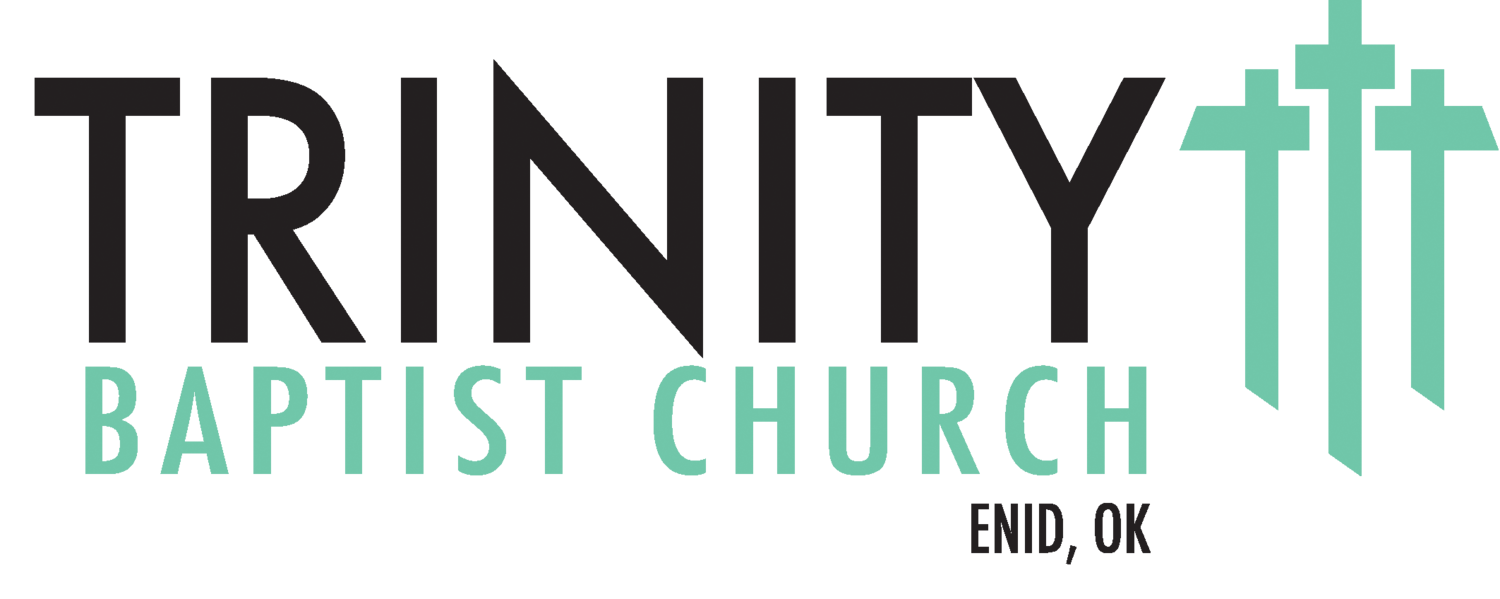The day has finally arrived. Thursday would bring the longest twenty-four hours of Jesus’ life. On Wednesday, the preparations were made, and on Thursday at Sundown, millions of Jews in Jerusalem would observe the Passover Meal.
Passover began at sundown on Thursday, and it is with the start of this meal, the longest day of Jesus’ life.
In Matthew 26:17-19 Jesus is finalizing the preparations Thursday afternoon, and by evening Jesus, His disciples and family are in the upper room. It is here Jesus institutes the Lord’s Supper (Matthew 26:26-29). Matthew’s account focuses only on the details of the meal, with Jesus speaking of a new covenant made in His body and blood. Matthew also includes details of Judas’ soon betrayal. Matthew then jumps quickly to the latter parts of the evening, where Jesus departs the upper room, takes the eleven disciples, and goes to the Gethsemane. It is here Judas will find Jesus as hand him over to the officers of the chief priests.
John’s account spends much more time on the events of Thursday evening. In John 13:1-17:26, much more time is spent on the direct conversations between Jesus and the twelve. Jesus warns them of what will come in the next few hours, but promises their sorrow will turn to joy. John 17 includes once of the most powerful prayers in the Bible. Here in the garden, Jesus prays for you and me. Those who have yet not been born, but will come to faith in the risen Savior. It is a powerful moment and shows Jesus’ love for His people.
Going forward, remembering how the Jewish days works, Passover goes through sundown the next day. Over the next hours, Jesus will go before an unlawful trial (Matt. 26:57-68) and the chief priest will falsely accuse Jesus of blaspheme against God. The Jews will mock and beat Jesus, and when they are satisfied, knowing they cannot simply kill Jesus, they deliver him over to Pilate.
Our Friday contains much of Jesus’ Thursday. Looking forward to Good Friday, we see the long and sorrowful day Jesus has had. He spend the day with His disciples in preparation of the Passover Meal, the upper room discourse where Jesus says many things to the ones He loves before He is gone, the short trip out of the city, across the Kidron Valley and up the Mount of Olives to a special place called Gethsemane—there he would pray and wait for the betrayer. It is here, the beginning of the hardest part of His mission begins. The marker of the beginning of the end is with a kiss (Matt.26:49).
Today, reflect on this last full day Jesus has with His disciples and family. This would be the last intimate moment and peace until after His excruciating death and victorious resurrection. Consider the burden Jesus carries, as Thursday approached and he knows that if he wavers even for a moment, all hope of redemption is lost. But Scripture testifies to the obedience of Jesus and His determination to finish the mission, no matter the cost.
Why did Jesus endure the suffering, mocking, and ridicule? He did it for you and me and all those who would believe in Him. God’s love for His people is displayed in His Son Jesus, and through the cross of Christ, He makes sorrow turn to joy and defeat into victory. May Jesus Christ be praised.





